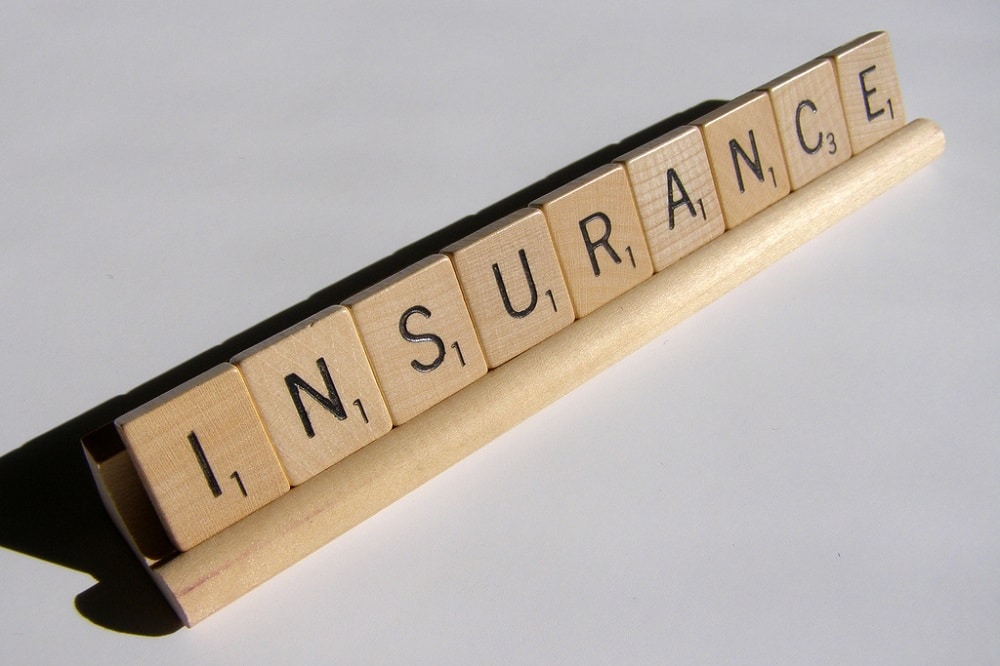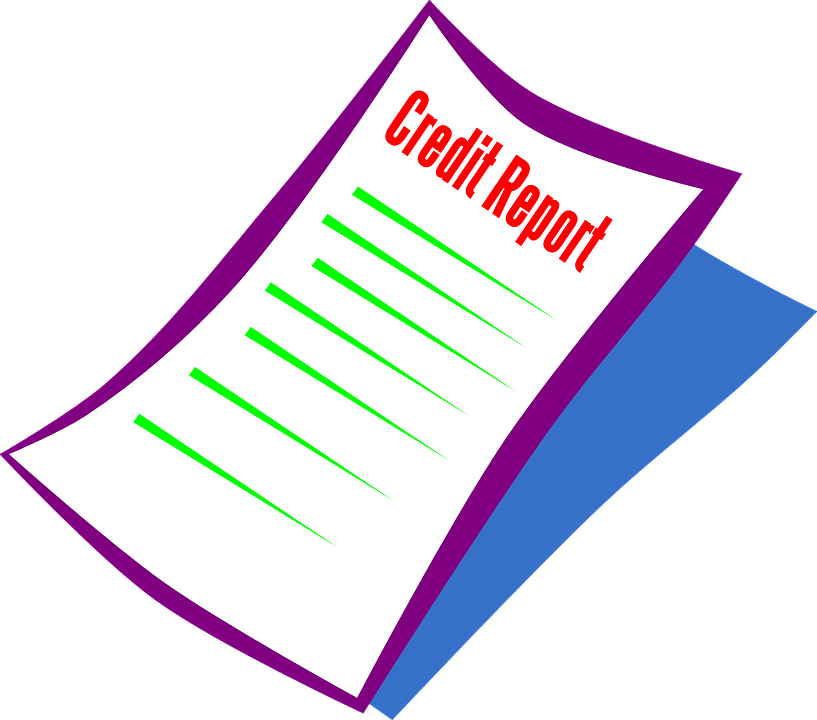Jasmine Birtles
Your money-making expert. Financial journalist, TV and radio personality.


As a student you can get your first taste of independence by living away from home, motivating yourself to study, cooking for yourself and generally standing on your own two feet.
You might also be in control of your finances for the very first time.
Whether you’re revelling in your newfound freedom or feeling a bit lost, we’ve put together 10 money facts you need to know that many students tend to overlook.
 Many students aren’t aware of the fact that you can get help from the government with paying prescription charges, opticians’ fees and dental costs.
Many students aren’t aware of the fact that you can get help from the government with paying prescription charges, opticians’ fees and dental costs.
Pick up a HC1 form from a job centre or order one online, fill in your details including your income, savings and living situation, and if your savings, investments or property add up to less than £16,000 you should be eligible for the scheme.
 Your phone smashes, someone breaks into your student house and nabs your laptop and new speakers, your flatmate sets fire to the kitchen… anything could happen to you or your stuff and it is well worth getting some insurance sorted.
Your phone smashes, someone breaks into your student house and nabs your laptop and new speakers, your flatmate sets fire to the kitchen… anything could happen to you or your stuff and it is well worth getting some insurance sorted.
Check your parents’ or guardians’ policy – you could be covered as you’re ‘temporarily away from home’.
Also, the cost of your rent might include basic contents insurance, or your student bank account may provide some kind of cover as a perk. If you get gadgets insurance, make sure you register all your tech and notify your provider if there are any changes.
 First things first: think carefully about where you put your money.
First things first: think carefully about where you put your money.
When looking for a student bank account, it’s tempting to pick the one with the best freebie, or stick with the bank you’ve always used.
Both of these are unwise and could cost you in the long run – do some research, especially on the best interest rates and 0% overdraft limits.
 If you have any spare cash, it’s definitely worth opening an ISA (Individual Savings Account) as a way to save money without paying tax on it.
If you have any spare cash, it’s definitely worth opening an ISA (Individual Savings Account) as a way to save money without paying tax on it.
You could put some of your loan in one of these to save you spending it all at once and to earn more interest, or if you have a job you could save a portion of your earnings into it. A
n easy-access account will let you deposit and withdraw cash at any time, while a fixed-rate ISA will lock away your money for a year or more, in exchange for a higher, guaranteed interest rate.
Shop around for the ISA that best suits your needs – some will even link up to your current account, making it easier to move cash around.
Find out more about choosing the best cash ISA here.
 You could get your hands on some money to help you with, or even pay for, your studies.
You could get your hands on some money to help you with, or even pay for, your studies.
According to Scholarship Search, millions of pounds-worth of scholarships and bursaries go unclaimed each year in dozens of subject areas.
 As soon as you take out a debt product – such as a bank account with an overdraft – you are being credit-scored. This score will affect your ability to borrow money in the future.
As soon as you take out a debt product – such as a bank account with an overdraft – you are being credit-scored. This score will affect your ability to borrow money in the future.
Lenders want to know that you can well afford to manage a loan, so if you keep on top of your finances at university your score will stay high and you’re more likely to be able to take out loans later on.
 Here in the UK, we throw away 7 million tonnes of food and drink from our homes every single year, effectively chucking away £12.5 billion per year and savaging the environment to boot.
Here in the UK, we throw away 7 million tonnes of food and drink from our homes every single year, effectively chucking away £12.5 billion per year and savaging the environment to boot.
Making the most of the food you buy can quickly save you money – buy only what you can realistically eat before the use-by date, plan meals, and freeze anything you can! Best-before dates can usually be safely ignored – if it looks fine and smells alright, it should be safe.
Be much more careful with use-by dates, especially with dairy, meat, fish and seafood. Love Food Hate Waste is packed with tips on how to use food up and minimise what ends up in the bin, as well as plenty of recipes to inspire your next dinner.
 If you watch live TV broadcasts, even if it’s just on your laptop, you need a TV licence or you could be fined. In halls, you might have a licence for the communal areas (check this!), but your room counts as an individual address and needs its own.
If you watch live TV broadcasts, even if it’s just on your laptop, you need a TV licence or you could be fined. In halls, you might have a licence for the communal areas (check this!), but your room counts as an individual address and needs its own.
If you’re sharing a house or flat, you could club together to pay the licence fee. You might know about this already, but there’s more – if your house is empty over the summer, you can apply for a refund of around £37 for those three months.
 If you’re savvy about saving you should already know about student discounts, offered all along the high street and across the internet.
If you’re savvy about saving you should already know about student discounts, offered all along the high street and across the internet.
Yet there are some shops and restaurants that don’t advertise their offers very well or at all. Be cheeky and always ask – make it a habit, and keep your student card on you at all times! You may be surprised.
McDonalds, Yo! Sushi and Waterstones are among the many places that don’t tend to publicise their discounts.
Finally, you need to know that there are people out there who can help you with understanding money and finance.
Your student union might have a dedicated advice centre, resources and emergency aid if you get into trouble.
Outside uni, you can contact the National Association of Student Money Advisers (NASMA) or look on their website, and Citizens Advice is packed with information on a wide range of financial issues.
